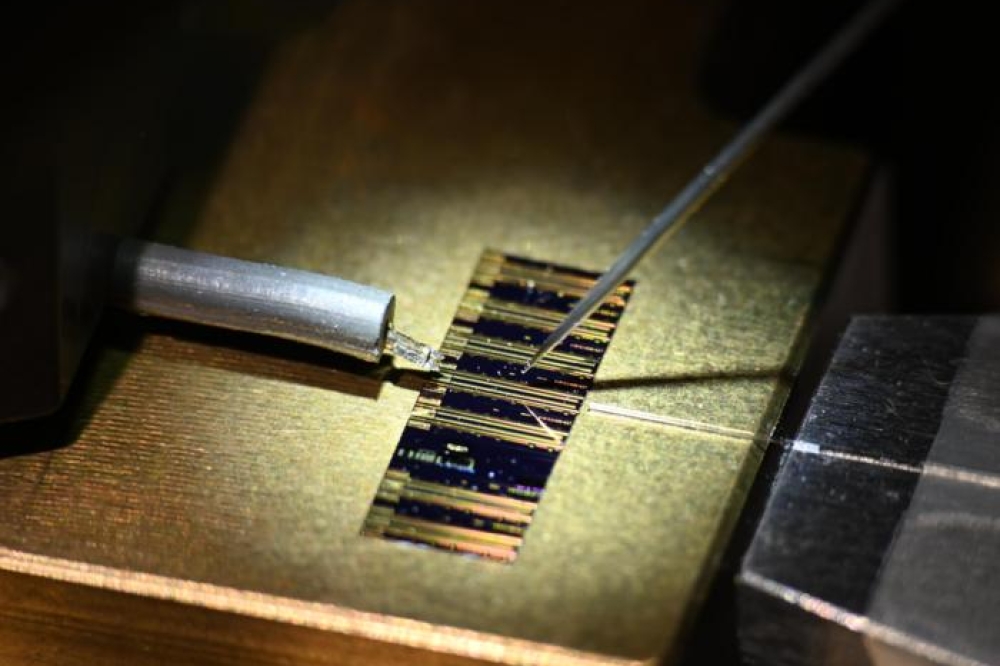News Article
Marglen Goes Solar with Solyndra
Solyndra’s thin film CIGS solar modules have been installed on the rooftop of the plastic bottle recycling plant in Georgia.
Marglen Industries has recently commissioned a 95.2 kilowatt solar energy photovoltaic (PV) energy system on their rooftop in Rome, Georgia.
The system was installed by Alpharetta, Georgia based United Renewable Energy, and is the largest in the Southeast to use Solyndra’s unique cylindrical CIGS thin-film solar energy system.
The system was installed on the rooftop of Marglen Industries plastic bottle recycling plant. The plant produces a post consumer recycled PET resin that is used in the manufacturing of sustainable food-grade packaging. The plant also produces a polyester fibre that is used in the manufacturing of sustainable flooring and other textile products. As part of its overall sustainable mission, Marglen has emerged as a renewable energy visionary with its latest solar installation.
“We at Marglen Industries are committed to bringing our values and principles of sustainability to the forefront of our business. This solar array stands as our responsibility for leadership in the industry, and our goal to bring value to our community and customers.” said Marglen’s CEO John Burnes.
United Renewable Energy installed 476 Solyndra’s rooftop solar modules, which were made in the U.S..They capture sunlight across a 360-degree photovoltaic surface and convert direct sunlight and light reflected off roof surfaces, into electricity.
The amount of electricity generated will offset energy demands from 10 average American homes. “Marglen Industries has again demonstrated their commitment to the environment, while making a solid business investment,” said William Silva, President of United Renewable Energy. “We are proud to install the largest Solyndra system in the southeast for such a respected recycled materials manufacturer.”
Businesses all across America are reducing energy usage, cutting costs and hedging against increasing utility bills by generating clean renewable energy at manufacturing plants and commercial buildings throughout the southeast.
Available incentives like state tax credits, Federal grants, utility company rebates and tariffs, can frequently provide companies with payback of less than five years. The solar modules are designed to last 25 years or more, providing clean energy fuelled by the sun.































